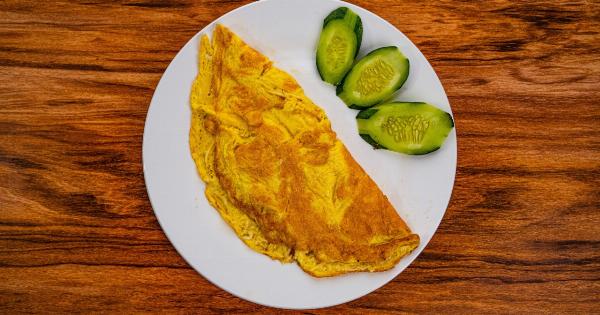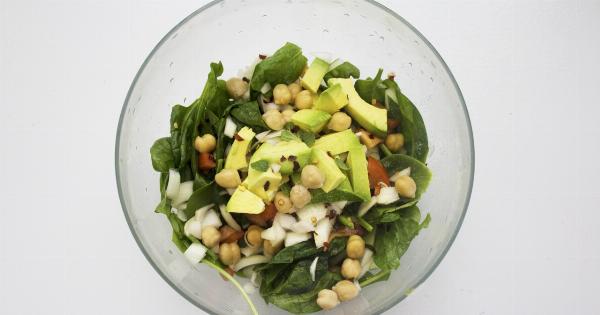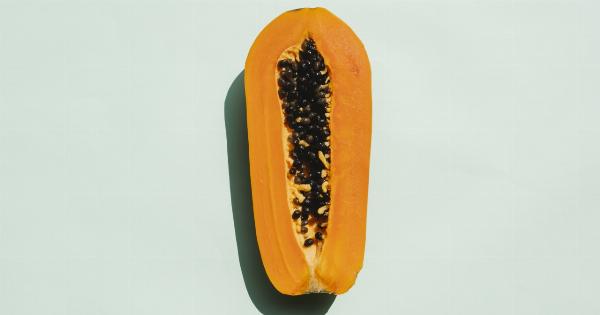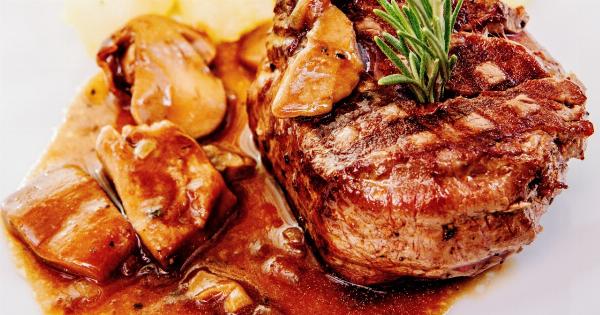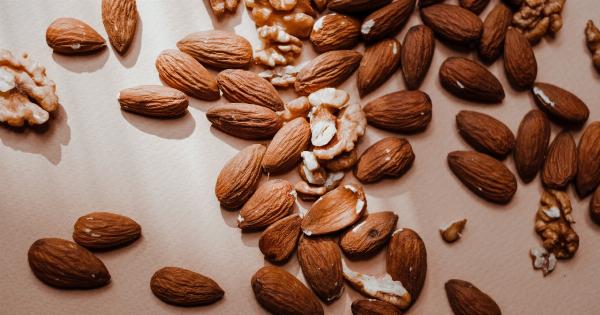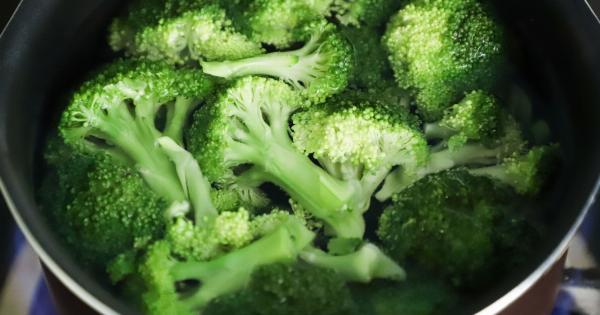Potatoes are one of the most widely consumed and versatile vegetables in the world. They belong to the Solanaceae family, which also includes tomatoes, peppers, and eggplants.
Potatoes were first cultivated by indigenous communities in the Andean region of South America as early as 8,000 years ago. These early potatoes were much smaller than the ones we are accustomed to today, and they were mainly consumed by boiling or drying.
Introduction to Different Types of Potatoes
There are thousands of potato varieties, each with its unique characteristics and purposes. Here are some popular types of potatoes:.
1. Russet Potatoes
Russet potatoes are often referred to as baking potatoes. They have thick skin and a fluffy, dry texture when cooked, making them perfect for baked potatoes, mashed potatoes, and french fries.
2. Yukon Gold Potatoes
Yukon Gold potatoes have a creamy and buttery flavor. They have a golden-yellow flesh and are great for mashed potatoes, roasted potatoes, and making potato salad.
3. Red Potatoes
Red potatoes have thin skins and a smooth, waxy texture. They are excellent for boiling, roasting, and using in salads.
4. Fingerling Potatoes
Fingerling potatoes are small and elongated, resembling fingers. They come in various colors and have a buttery texture. They are wonderful when roasted or used in salads.
5. Purple Potatoes
Purple potatoes have vibrant purple or blue skin and flesh, which is due to the presence of anthocyanins, a type of antioxidant. These potatoes retain their color even after cooking and are often used to add visual appeal to dishes.
Nutritional Value of Potatoes
Potatoes are often underestimated when it comes to their nutritional value. They are an excellent source of energy, vitamins, minerals, and dietary fiber. Here are the key nutritional components found in potatoes:.
1. Carbohydrates
Potatoes are rich in carbohydrates, which provide energy to the body. They are especially high in resistant starch, which acts as a prebiotic and supports a healthy gut.
2. Vitamins
Potatoes are a good source of several vitamins, including vitamin C, vitamin B6, and niacin. Vitamin C is an antioxidant that helps boost immunity and protect cells from damage.
3. Minerals
Potatoes contain important minerals such as potassium, magnesium, and iron. Potassium plays a crucial role in maintaining healthy blood pressure levels and proper heart function.
4. Fiber
The dietary fiber in potatoes aids in digestion, supports bowel regularity, and helps lower cholesterol levels. The skin of the potato is particularly rich in fiber, so it is advisable to consume potatoes with their skin whenever possible.
Health Benefits of Potatoes
In addition to their nutritional value, potatoes offer several health benefits:.
1. Heart Health
The high potassium content in potatoes helps lower blood pressure levels, reducing the risk of heart disease. However, it is important to consume potatoes as part of a balanced diet and not rely solely on their potassium content.
2. Digestive Health
The fiber present in potatoes supports a healthy digestive system by promoting bowel regularity and preventing constipation. It also feeds beneficial gut bacteria, which is essential for overall gut health.
3. Weight Management
Despite their reputation, potatoes can be part of a healthy weight management plan. They are low in fat and a good source of dietary fiber, which helps you feel fuller for longer.
When prepared in a healthy manner, such as baking or boiling instead of frying, potatoes can be a nutritious addition to a balanced diet.
Common Cooking Methods for Potatoes
Potatoes can be prepared in various ways, each offering a unique taste and texture. Here are some common cooking methods for potatoes:.
1. Boiling
Boiling is a simple and popular method of cooking potatoes. It is often used for mashed potatoes, potato salads, or when potatoes are an ingredient in stews and soups.
2. Baking
Baking potatoes results in a fluffy interior and a crispy skin. Baked potatoes are delicious on their own or as a base for a variety of toppings such as sour cream, cheese, or bacon.
3. Roasting
Roasting potatoes in the oven with herbs and spices creates a crispy outer layer and a tender inside. It is a great way to enhance the natural flavors of different potato varieties.
4. Frying
French fries, hash browns, and potato chips are all examples of fried potato dishes. While they may be delicious, it is important to consume them in moderation due to their higher fat content.
Interesting Facts about Potatoes
Here are some fascinating facts about potatoes:.
1. The Peruvian Connection
The Andean region in South America, particularly Peru, is considered the birthplace of potatoes. Peru alone cultivates more than 4,000 unique potato varieties.
2. Potatoes in Space
In 1995, the potato became the first vegetable to be grown in space. NASA and the International Potato Center conducted an experiment to study potato growth in microgravity conditions.
3. World Records
The world’s largest potato weighed in at 18 pounds and 4 ounces, according to the Guinness World Records. It was grown in the UK in 2011.
4. Potato Chips
Potato chips, a beloved snack worldwide, were invented in 1853 by George Crum, a Native American chef, to satisfy a customer’s request for thinner fried potatoes.
Conclusion
Potatoes have come a long way since their humble beginnings in South America. They have become a staple in countless cuisines around the world, offering versatility, nutrition, and satisfaction.
Whether you prefer them mashed, roasted, or baked, potatoes are an essential part of a well-rounded diet. So, the next time you savor a delicious potato dish, remember the rich history, diverse varieties, and amazing benefits of this beloved vegetable.

